10 Symptoms of Food Poisoning You Should Know
Food poisoning is a common but potentially serious condition caused by consuming contaminated food or beverages. It can be caused by various bacteria, viruses, or parasites, and its symptoms can range from mild to severe. This article will discuss 10 common symptoms of food poisoning to help you recognize the signs and seek appropriate medical attention if necessary.
Nausea
Nausea is a common symptom of food poisoning, as the body tries to rid itself of harmful substances. It can be accompanied by a general feeling of discomfort or unease in the stomach area[[1]].

Advertisement
Vomiting
Vomiting is another way the body tries to eliminate harmful substances from the digestive system. It is a common symptom of food poisoning and can occur suddenly and repeatedly[[1]].
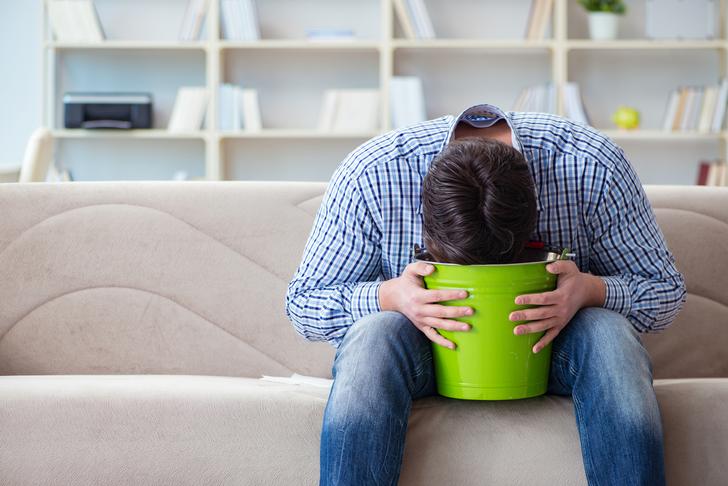
Advertisement
Diarrhea
Diarrhea is a frequent symptom of food poisoning and can range from mild to severe. It occurs as the body attempts to flush out harmful substances and can lead to dehydration if not properly managed[[1]].

Advertisement
Abdominal Pain and Cramps
Abdominal pain and cramps are common symptoms of food poisoning, as the muscles in the digestive system contract to expel harmful substances. The pain can be sharp, dull, or cramp-like and can vary in intensity[[1]].
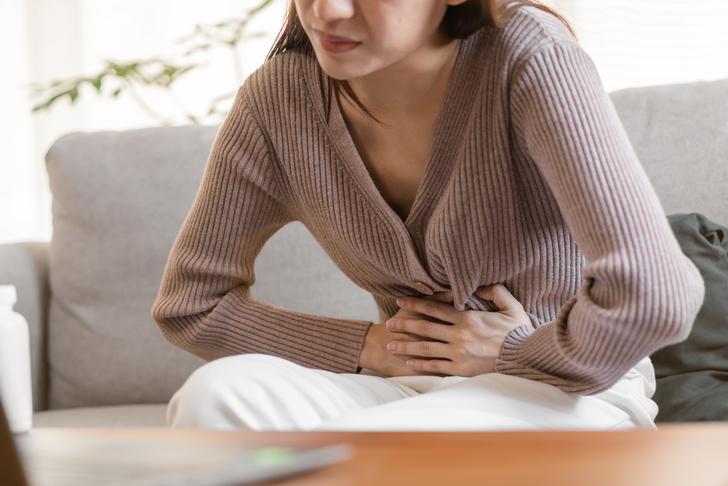
Advertisement
Fever
A fever is a sign that the body is fighting off an infection, and it can be a symptom of food poisoning. A mild fever is common, but a high fever may indicate a more severe case or a different type of infection[[1]].
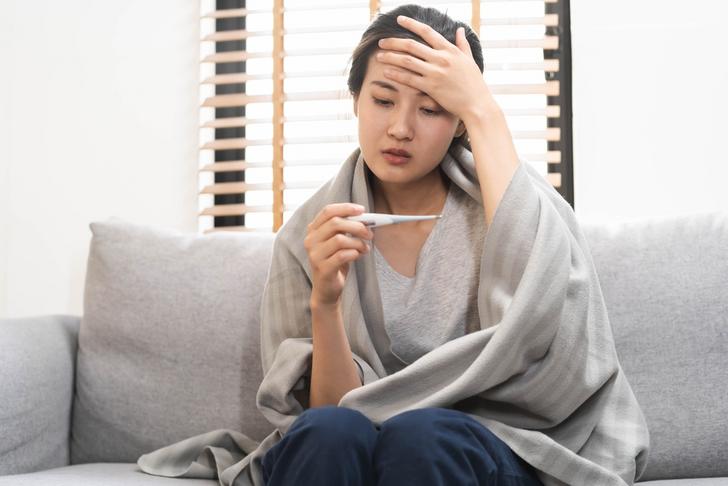
Advertisement
Headache
Headaches can be a symptom of food poisoning, as the body reacts to the harmful substances and becomes dehydrated. They can range from mild to severe and may be accompanied by other symptoms such as dizziness or lightheadedness[[1]].

Advertisement
Muscle Aches
Muscle aches can be a symptom of food poisoning, as the body’s immune system responds to the infection. They can be mild or severe and may be accompanied by other symptoms such as fever or chills[[2]].
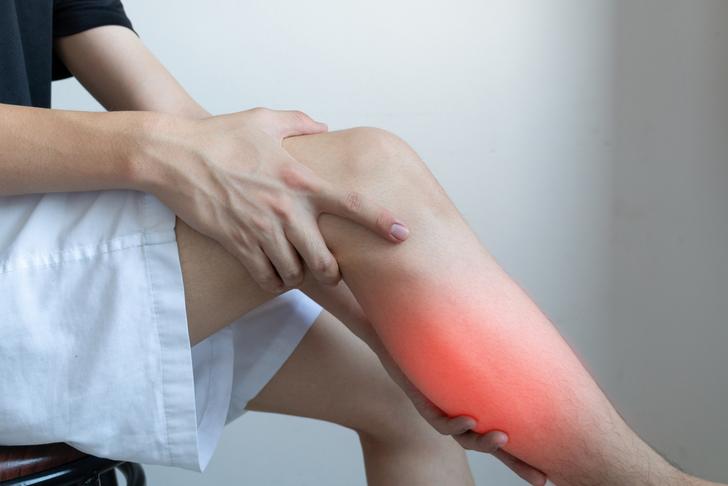
Advertisement
Chills
Chills can be a symptom of food poisoning, as the body tries to regulate its temperature in response to the infection. They can be accompanied by fever, muscle aches, or other symptoms[[2]].

Advertisement
Fatigue
Fatigue is a common symptom of food poisoning, as the body uses energy to fight off the infection. It can be accompanied by weakness, dizziness, or lightheadedness and may persist even after other symptoms have subsided[[2]].

Advertisement
Dehydration
Dehydration is a potential complication of food poisoning, as the body loses fluids through vomiting and diarrhea. Symptoms of dehydration include dark urine, dry mouth, dizziness, and increased thirst[[1]].

Advertisement
Causes of Food Poisoning
Food poisoning is usually caused by consuming food or drinks contaminated with harmful bacteria, viruses, parasites, or toxins. These contaminants can enter the food at any stage of its production, processing, or cooking. The most common causes include:
Bacteria: such as Salmonella, E. coli, and Listeria. These are the most common causes of food poisoning.
Viruses: such as norovirus or hepatitis A.
Parasites: Food can also be contaminated by parasites, though this is less common.
Toxins: Certain types of fish and plants can contain harmful toxins. Mishandling or improper preparation can lead to food poisoning.
Advertisement
Treatments for Food Poisoning
Treatment for food poisoning typically focuses on preventing dehydration and replacing lost electrolytes. Depending on the severity of the symptoms, this can often be managed at home. However, severe cases may require hospitalization. Treatment options include:
Rehydration: Drinking plenty of fluids, such as water, clear broths, or non-caffeinated sports drinks can help replace lost electrolytes.
Rest: The body often needs to recover after a bout of food poisoning, and rest can help expedite this process.
Medications: Over-the-counter remedies can alleviate symptoms like nausea and diarrhea. However, avoid using anti-diarrheal medications without consulting a healthcare professional, as they can slow down recovery in certain cases.
Medical attention: Severe or persistent food poisoning may require hospital treatment, which could include intravenous fluid replacement and specific medications.
Advertisement
Conclusion
Food poisoning is a common ailment that occurs due to consuming contaminated food or drinks. It’s typically characterized by symptoms such as nausea, vomiting, diarrhea, and abdominal cramps. The severity of these symptoms can vary, but it’s essential to stay hydrated and rest. If symptoms persist for more than a few days, worsen, or you become severely dehydrated, seek medical attention promptly.
By recognizing the symptoms of food poisoning, you can take immediate steps to manage the condition, ensuring your health and well-being. Also, remember that preventing food poisoning starts with safe food handling and preparation practices at home and wisely choosing where to eat out.
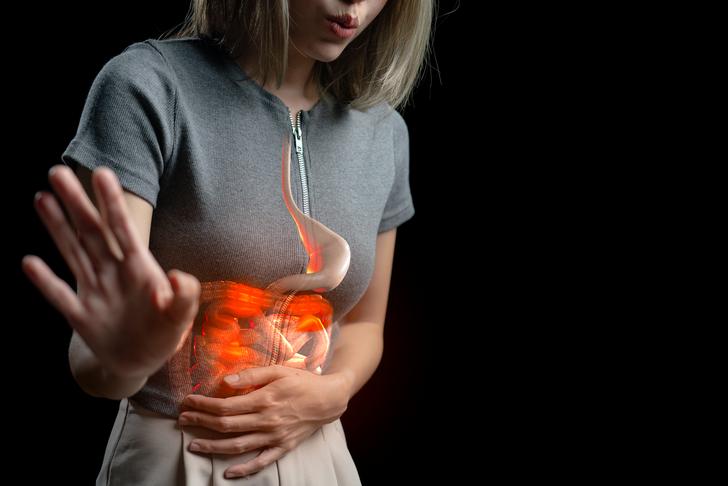
Advertisement





